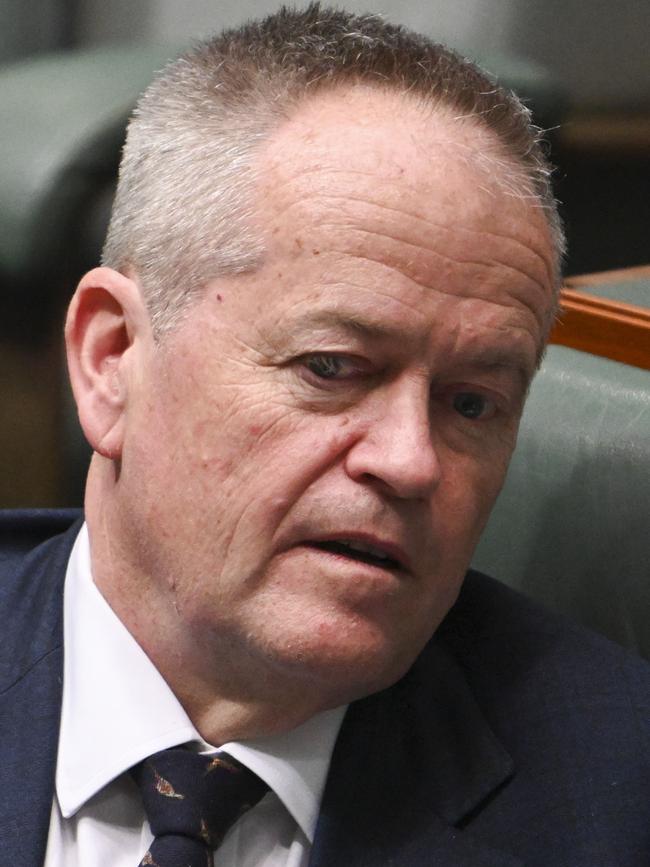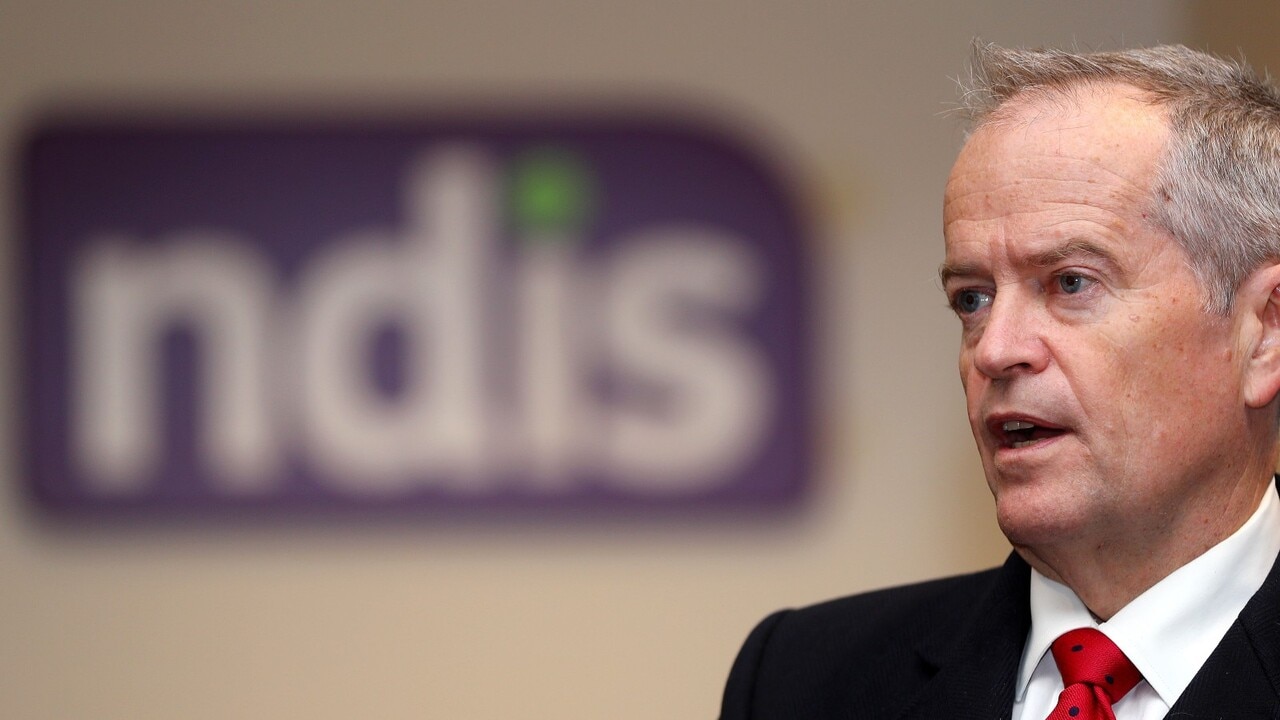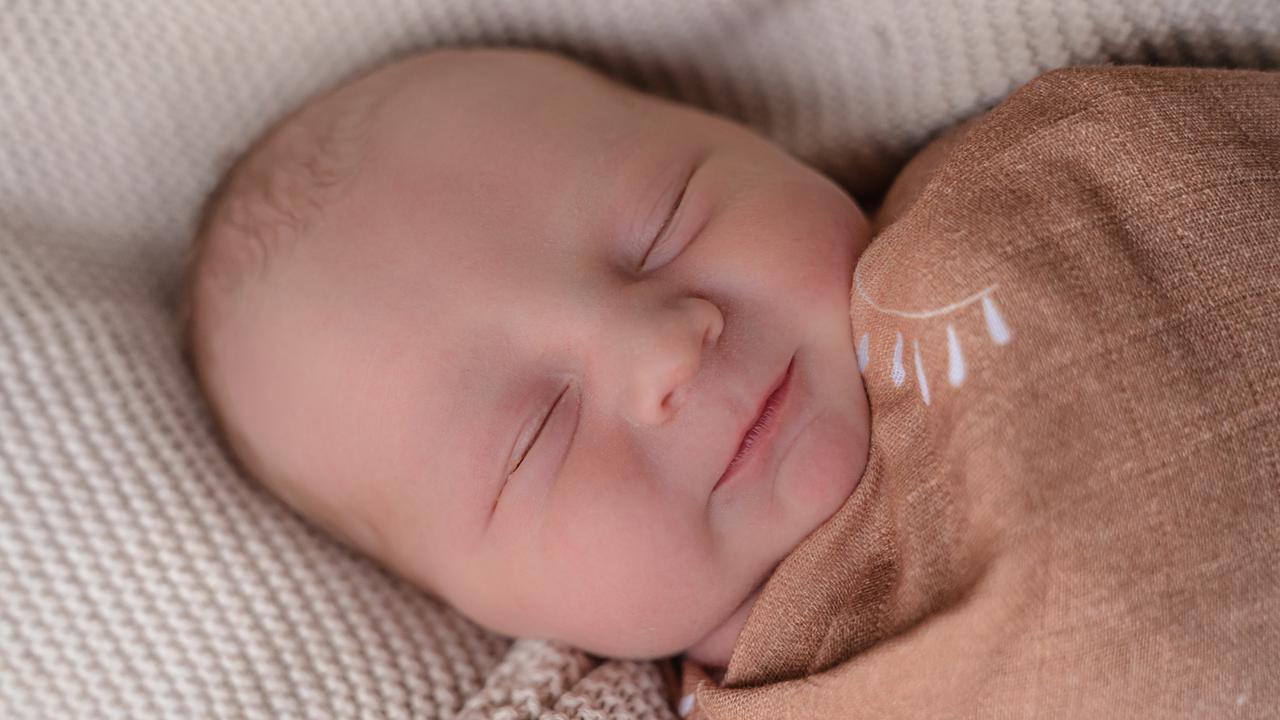‘Alarming’: Fears and confusion grow over banned items on the NDIS
Experts are worried that some fitness equipment will no longer be claimable on the NDIS, with advocates fearing the most vulnerable will miss out.

Health
Don't miss out on the headlines from Health. Followed categories will be added to My News.
An expert and academic fears that play and fitness equipment that can help those with physical disabilities and autism will no longer be available on the NDIS, following clarification of what is claimable on the scheme.
NDIS Minister Bill Shorten unveiled a list of what can be claimed and what can’t be claimed on the scheme on Tuesday, with just two days’ notice before the new rules come into force.
Among the therapies and items people are not allowed to claim include a long list of alternative and non-evidence based services such as cuddle therapy and clairvoyants, as well as using NDIS funds to pay mortgages or rents, or buy groceries, booze or drugs.
However, Swinburne Occupational Therapy lecturer Sage McPherson said she was concerned essential items have been removed.
She said if NDIS clients are unable to claim for preventative measures such as gym equipment then it would impact the poorest and lead to people losing their independence, eventually costing the NDIS more. The list released on Tuesday clarifies that things like gym membership and yoga classes are not allowed to be claimed on the scheme.


She said while sustainability of the NDIS was paramount, cutting back on equipment could disadvantage some of the most vulnerable on the scheme.
“This is alarming as participants with lower socio-economic status will not be able to afford access to exercise suitable for their disability,” Ms McPherson said. “Exercise is a preventative measure; the longer someone can independently and safely move themselves from A to B, the less support they need from the NDIS.”
She said she had clients with cerebral palsy that need to exercise to maintain core strength so they can transfer from a walking frame to a wheelchair, rather than needing a hoist and a carer, which saves the NDIS money.
Disability advocate River Knight said people on the scheme were concerned about “the cost of living and housing crisis, becoming homeless or forced into hospital admission because the NDIS takes months to fix their own mistakes”.

He called for “urgent, concrete fixes for the cost blow outs” which he blamed on a lack of foundational supports, state based services and the NDIS being the only option for most people.
Mr Shorten has been pushing for the states to provide more supports.
Mr Knight said Mr Shorten needed to take onboard more of the Disability Royal Commission’s 222 recommendations to fix the sector which he said, seems to have
“been shelved in favour of attention grabs to sound like they are doing something, but in reality we are all still waiting for action and codesign.”
Disability Advocacy Network Australia deputy CEO El Gibbs said on Tuesday said there wasn’t enough time to know what is and isn’t OK and whether these changes would leave people with disability “owing money to the NDIS”.
A request for comment from Mr Shorten has been made.





